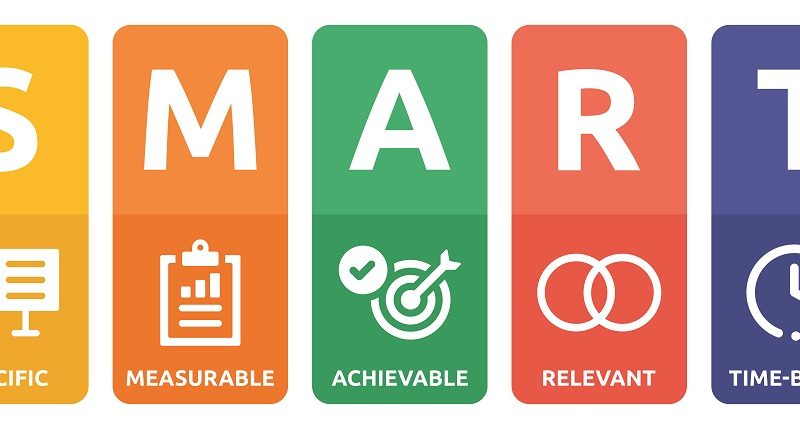The Importance of Setting SMART Goals for Time Management
Setting goals is a fundamental aspect of effective time management. However, not all goals are created equal. SMART goals provide a structured framework that enhances goal setting and increases the likelihood of success. In this article, we will explore the importance of setting SMART goals for time management and how they can significantly improve your productivity and overall effectiveness.
- Specific: One of the key elements of SMART goals is specificity. When you set specific goals, you provide clarity and focus on what exactly needs to be accomplished. Vague or general goals can lead to confusion, lack of direction, and wasted time. By setting specific goals, you define the desired outcome in clear terms, making it easier to plan and allocate your time and resources effectively.
- Measurable: Measurability is another critical aspect of SMART goals. Measurable goals allow you to track your progress and determine whether you are on target or need to make adjustments. By defining specific metrics or criteria to assess your progress, you gain a sense of accountability and can objectively evaluate your performance. Measurable goals also provide a sense of motivation and satisfaction when milestones are achieved.
- Achievable: Setting achievable goals is essential for maintaining motivation and avoiding frustration or burnout. While it’s important to challenge yourself, setting goals that are too lofty or unrealistic can lead to discouragement and a sense of overwhelm. By setting achievable goals, you create a sense of confidence and belief in your ability to succeed. This, in turn, helps you manage your time effectively and maintain a positive mindset.
- Relevant: Relevance is a crucial factor when setting goals for time management. Your goals should align with your overall objectives, values, and priorities. When goals are relevant, they provide a sense of purpose and meaning, driving your motivation and focus. By ensuring that your goals are relevant to your larger vision, you can allocate your time and energy to activities that truly contribute to your success.
- Time-bound: Time-bound goals have specific deadlines or target dates attached to them. Creating time-bound goals helps you prioritize your tasks and allocate your time effectively. Deadlines create a sense of urgency and prevent procrastination. Setting time-bound goals also allows you to track your progress and stay on track, as you have a clear timeline for completion. By working within specific timeframes, you avoid wasting time and increase your overall productivity.




